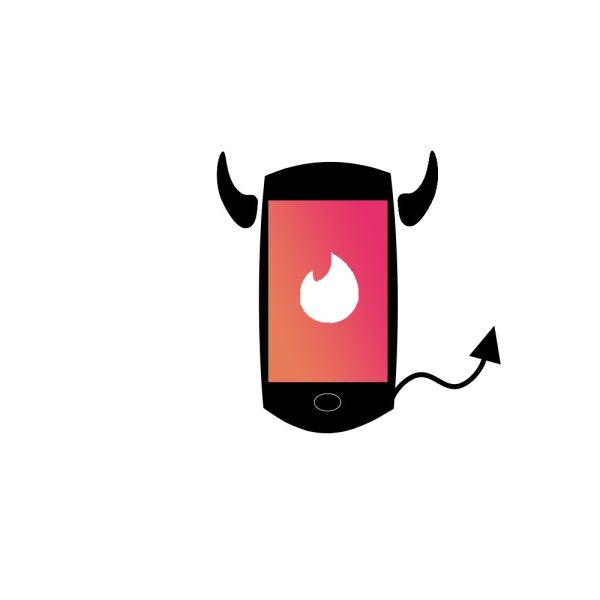
As one of the top party schools in the U.S., it is no wonder hookup culture runs rampant on Tulane University’s campus. Students may find themselves receiving a “U up?” text after a night out at The Boot Bar and Grill, but never on a real date and rarely in the light of day.
At a school where casual sex is the norm, students may find themselves pursuing sexual relationships that may not be exactly what they want in a partnership. “When students arrive on campus, they don’t just encounter the opportunity to hook up, they are also immersed in a culture that endorses and facilitates hookups. Ceding to or resisting that culture then becomes part of their everyday lives,” Lisa Wade, an associate professor of sociology at Tulane, said.
An anonymous Fizz poster received 1,200 upvotes from writing “This hookup culture is killing me I miss having connections with people.” Another user wrote “I’m actually so sick of hookup culture. No I don’t want you to text me at 10:17 PM on a Saturday night, I want you to take me on a date and make me feel like you actually value me as a person.” The post received over 1,900 upvotes.
At a school with about 8,500 undergraduates, 1,900 students feel strongly enough to upvote this statement — a number that does not represent the number of students who feel similarly but did not see the post or do not have Fizz.
If it seems everyone is sick and tired of hookup culture, then why is it still so rampant on Tulane’s campus?
Some students seem to believe that the ratio of female undergraduates to male undergraduates plays a large part in the proliferation of hookup culture for heterosexual students. Sixty-four percent of the freshman class are women, so men clearly have the upper hand in hookup culture. If a female student decides to not participate in hookup culture, another female student will gladly take her place, creating a never-ending cycle.
Studies show hookup culture is specifically hurtful for young women, since hookup culture is so deeply rooted in patriarchal society. A sexual double standard is pervasive on college campuses, especially in Greek life. For men, casual sex makes you more of a man, but as a woman, casual sex makes you a whore.
For queer students, the hookup scene does not look any better. Since hookup culture on college campuses is glaringly heteronormative, it can be incredibly hard for students pursuing queer partnerships. This has resulted in a reliance on dating apps, which tend to foster simple sex rather than connection.
According to the National Library of Medicine, higher rates of participation in hookup culture result in higher levels of anxiety and depression. While there seems to be no real tangible solution for Tulane students, it is possible to change the ways students approach hookup culture.
To ease sexual health anxiety over STDs as well as pregnancy, students must create a foolproof plan. Beyond sexual health, it is important that students are intentional in how they engage in hookup culture for their own mental health. It is imperative to know your boundaries and what you want out of a sexual partner. Students need to first understand their priorities to ensure they are engaging in partnerships that work for them.
Without collective resistance, it is unlikely that the hookup culture at Tulane will be changing anytime soon. To avoid confusions, students who choose to be involved in hookup culture must understand the culture for what it is. There are ways to protect yourself physically as well as mentally when engaging in casual sex, but this starts with acknowledgment of your own wants and needs from yourself as well as a partner.



